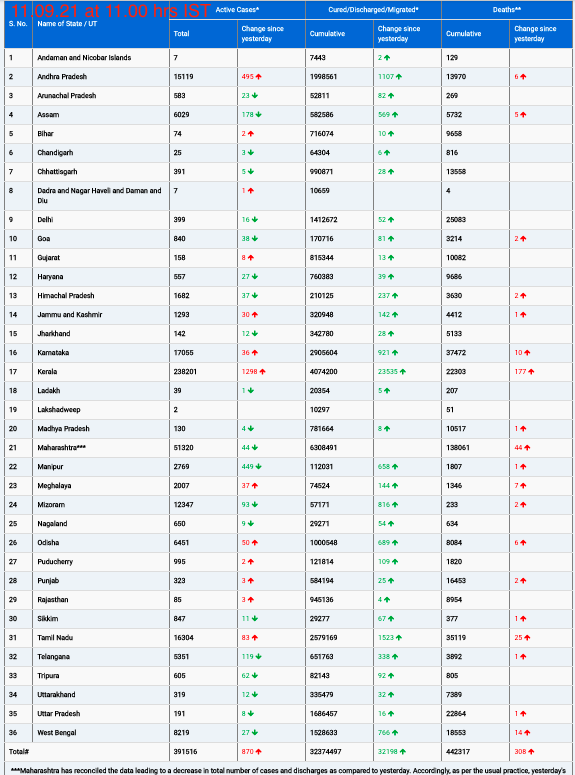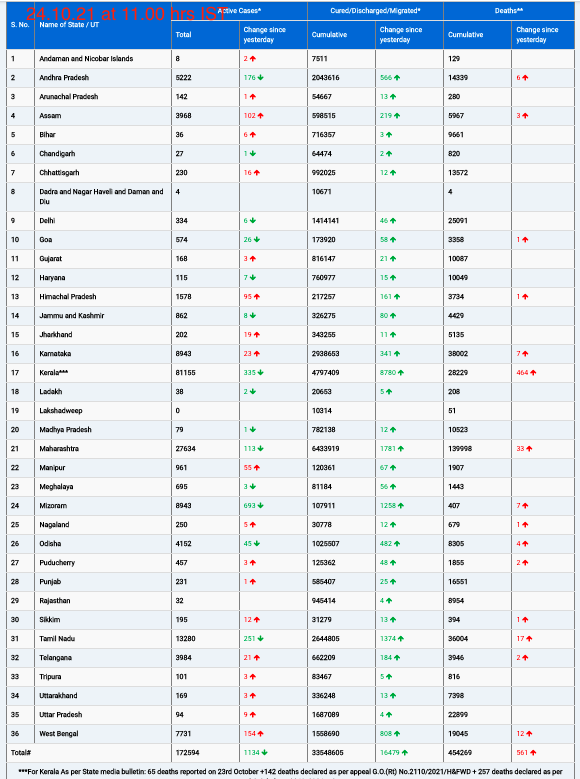In a recent study published in the Journal of Virology, researchers have found reassuring evidence that pasteurization effectively neutralizes the highly infectious H5N1 avian flu virus in milk. This discovery comes in the wake of a concerning outbreak earlier this year, where dairy cows in Texas were identified as carriers of the pathogen, marking the first known instance of H5N1 spreading to cattle.
Since its initial detection, the virus has affected approximately 200 animals and 3 individuals across a dozen U.S. states, as reported by the Centers for Disease Control and Prevention. The presence of H5N1 in raw milk prompted immediate investigation into potential risks posed to consumers.
Dr. Erica Spackman, a virologist at the U.S. Department of Agriculture (USDA) in Athens, Georgia, led the research effort. Her team examined nearly 300 milk samples from 132 processors across the country. The comprehensive study revealed no traces of infectious virus in any of the pasteurized milk products tested.
“Milk is safe,” assured Dr. Spackman. “Similar to how pasteurization eliminates bacterial pathogens, our findings demonstrate its efficacy in deactivating H5N1 and other viral threats present in milk.”
Pasteurization, a heat treatment process used widely in the dairy industry, involves heating milk to temperatures sufficient to destroy harmful microorganisms while preserving its nutritional value. This critical step ensures that milk products are safe for consumption by effectively eliminating potential contaminants.
“In our testing, we employed sensitive techniques to detect any viable virus,” explained Dr. Spackman. “While we detected viral genetic material in a minority of samples, our viability assays confirmed that no live virus remained post-pasteurization.”
The study underscores the importance of rigorous sanitation practices and microbiological surveillance throughout the milk production and processing pipeline. Milk from cows affected by mastitis or other illnesses is systematically excluded from the food supply to prevent contamination.
H5N1, primarily endemic to migratory birds and domestic poultry, has also been sporadically detected in other animal species, including cats, dogs, and even marine mammals like seals and polar bears. Its unexpected presence in dairy cattle earlier this year highlighted new concerns about its potential spread through milk.
“These findings provide essential reassurance,” concluded Dr. Spackman. “They reaffirm that pasteurization remains a robust safeguard against emerging infectious risks, ensuring the safety of dairy products for consumers.”
As authorities continue to monitor and manage outbreaks of H5N1 and other zoonotic diseases, ongoing research and vigilant food safety practices will remain paramount in safeguarding public health.











